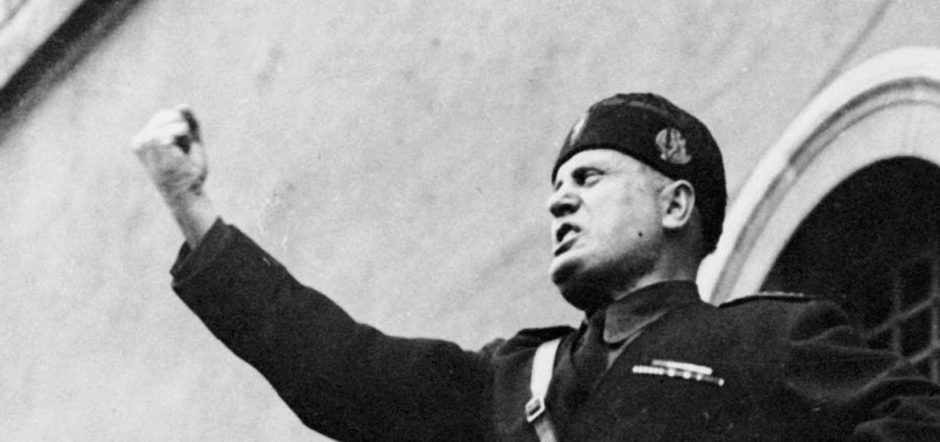Giorgio Treves’ sobering documentary, 1938-Different, which will be screened at the Toronto Jewish Film Festival on May 3 and May 6, lays bare the devastating impact of fascism on the Jewish community in Italy.
In 1938, Benito Mussolini’s fascist regime enacted antisemitic laws that rendered 45,000 Italian Jews second-class citizens. The German invasion of Italy four years into World War II brought a new and far more terrible dimension of antisemitism into the mix. On Germany’s initiative, thousands of Italian Jews were deported to Nazi extermination camps in Poland.
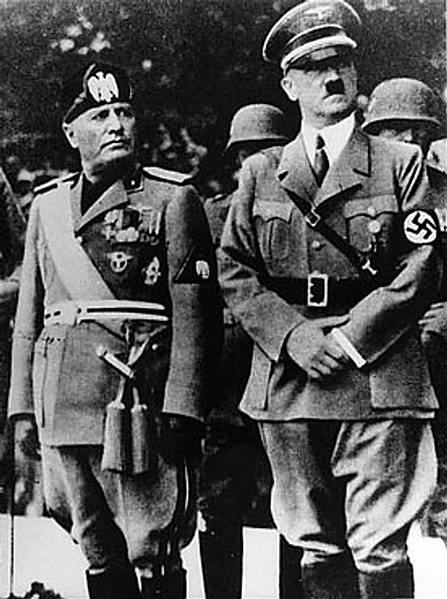
As Treves’ film opens, the Italian Jewish actor Roberto Herlitzka, a survivor of the Holocaust, muses, “I had a world, a family, a companion and a city that were taken away by the vile fascist and greedy German.”
Herlitzka’s bitter comment is indicative of the shock and disappointment that still lingers in the hearts of Italian Jews who went through the trauma of being demonized, marginalized and persecuted by a nation that had emancipated its Jewish population a century before.
Herlitzka is just one of the interviewees who appears in Treves’ movie. He talks to historians and Jewish survivors, and they have plenty to say. In the main, they discuss the events that culminated with the passage of the anti-Jewish laws.
Mussolini sought to create a “new Italian” on the basis of race. This objective loomed large in the 1930s because he was obsessed by the “purity” of the Italian race. Italy passed its first racial law in 1936, aimed at mixed-race Italians of partial African descent. It would be only a matter of time before Mussolini’s ethnocentric regime targeted Jews.
During medieval times, Italian Jews were subjected to a myriad of restrictions. Free to leave the ghettos after their emancipation in the 19th century, they integrated themselves into society at large, gaining widespread acceptance.
Mussolini did not start off as an antisemite. Two hundred Jewish members of the fascist party participated in the iconic 1922 March on Rome, and the so-called Jewish question was not a factor in Italian politics until Nazi Party leader Adolf Hitler was appointed Germany’s chancellor in 1933.
Around 1936, Mussolini began to toy with the idea of removing Jews from their positions in culture and politics. Mussolini, portrayed by an actor, clearly disliked Jews. Reading from his diary, he says, “These disgusting Jews. I must destroy them.”
In the following year, he launched a media campaign against Jews and instructed Guido Landra, a scientist, to produce a manifesto proving that Jews did not belong to the Italian Aryan race and should be excluded from it.
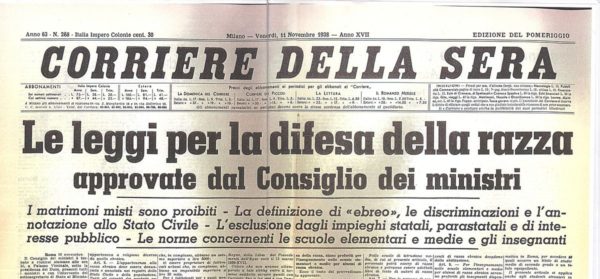
Calling for “strict racial consciousness,” Mussolini announced in 1938 that antisemitic legislation was imminent. In November of that fateful year, the first anti-Jewish laws were passed by a compliant parliament. The edicts were signed by King Victor Emmanuel III, a descendant of King Carlo Alberto, who had rescinded antisemitic restrictions 90 years earlier.
Interestingly enough, the Vatican condemned the racially-based laws.
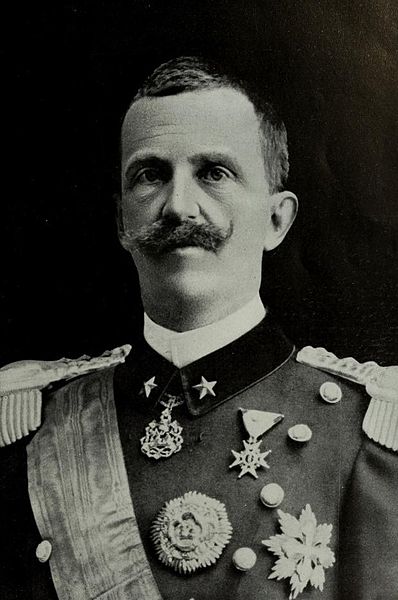
In short order, Jews were summarily expelled from the fascist party, the army and the civil service. Jewish students were thrown out of schools and universities.
“They despised us,” says a Jewish woman looking back with disgust at that horrible era. “We were deeply disheartened.”
Italian Jews were shocked and appalled by the new order. One distraught Jewish man committed suicide, jumping from the leaning tower in Pisa.
It would appear that Italian Christians were generally indifferent to the plight of Jews. Some took advantage of the situation by buying Aryanized Jewish property cheaply.
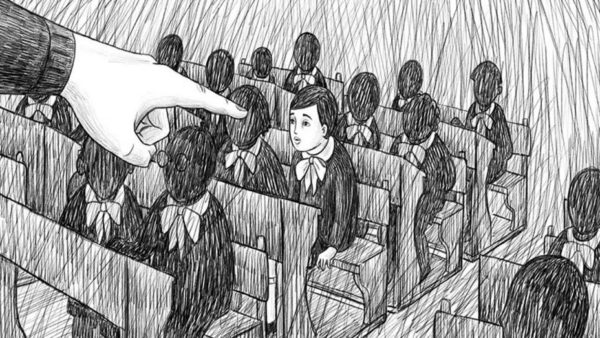
Jews who had the means emigrated. Those who could not afford to leave suffered the consequences following Italy’s entry into the war in the summer of 1940 and Germany’s invasion of Italy a few years later. Jews were ghettoized, physically assaulted, declared enemies of the state and sent to forced labor camps.
Deportations, resulting in the murder of almost 8,000 Jews, followed.
In documenting the concerted assault on Jews by Mussolini and Germany, Treves cites facts and figures to make his case against the tyranny of fascism in Italy.
